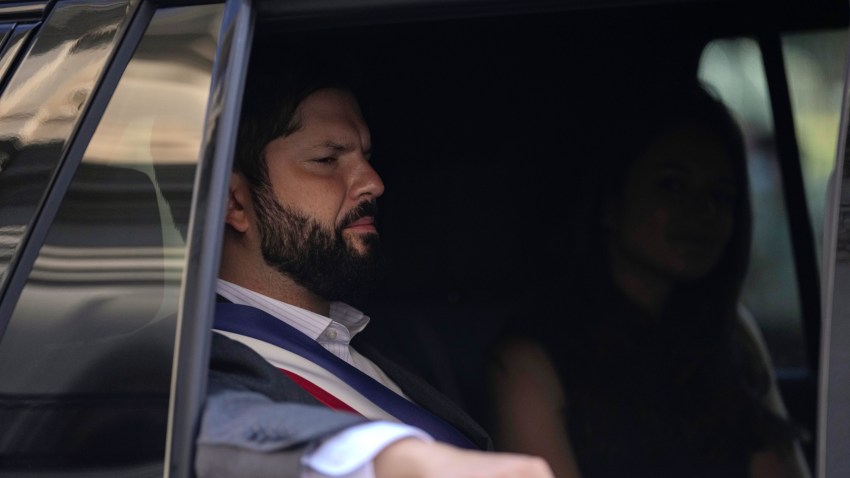On the day before voters in Chile went to the polls this past Sunday, President Gabriel Boric got stuck on a slide at a children’s playground. The awkward, if brief, incident occurred in the southern city of Punta Arenas, Boric’s electoral domicile. He had traveled there to cast his vote for a council that will steer the country’s second attempt to replace its current constitution, which dates back to the days of the military dictatorship of Augusto Pinochet.
Boric managed to dislodge himself, but the incident seemed like a crude metaphor: Things clearly weren’t going well for him. Hours later, when the votes were counted, Chileans had once again dealt him a major setback in his efforts to leave the country with a more progressive constitution as the principal legacy of his presidency. On Sunday, they handed an overwhelming victory to the right-wing opposition, all but ensuring that Chile’s next constitution—if it is approved in a referendum at the end of the year—will fail to bring about the changes Boric and his supporters had envisioned.
Voters were choosing the members of the Constitutional Council, whose job starting next month will be to turn a preliminary draft crafted by a group of 24 experts chosen by Congress into a document that voters will approve or reject in a December referendum.

